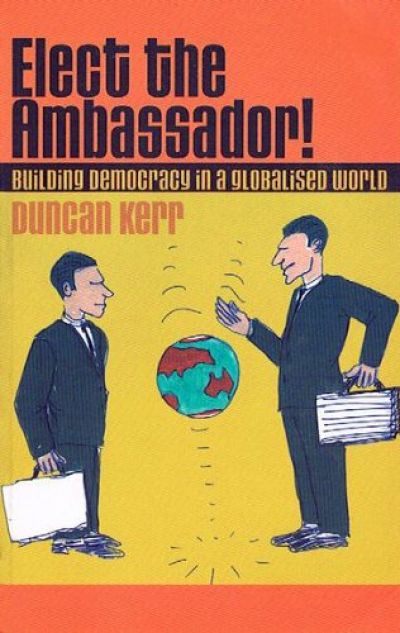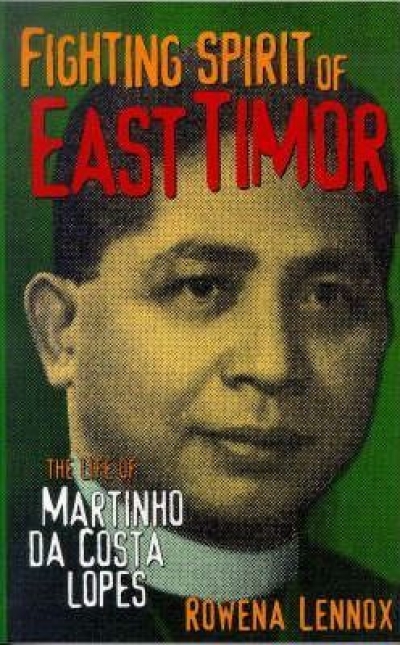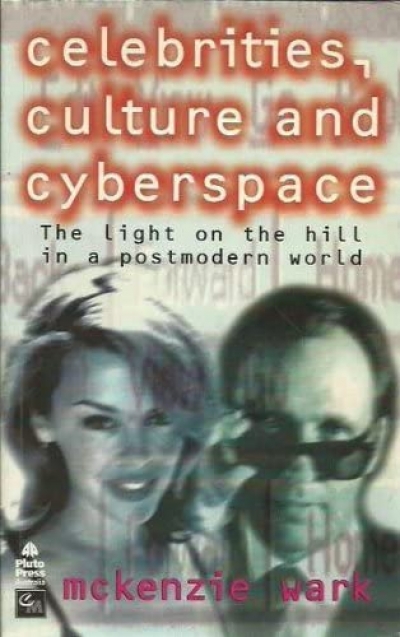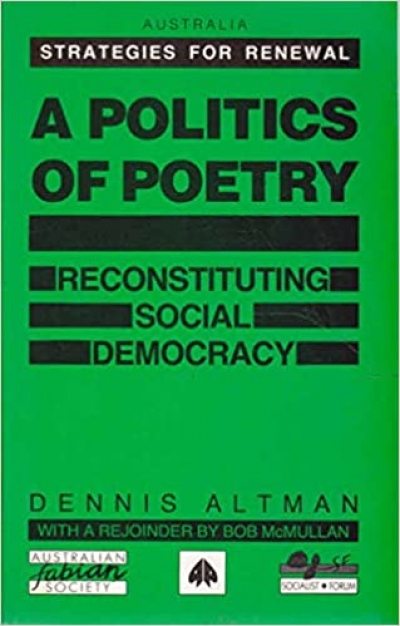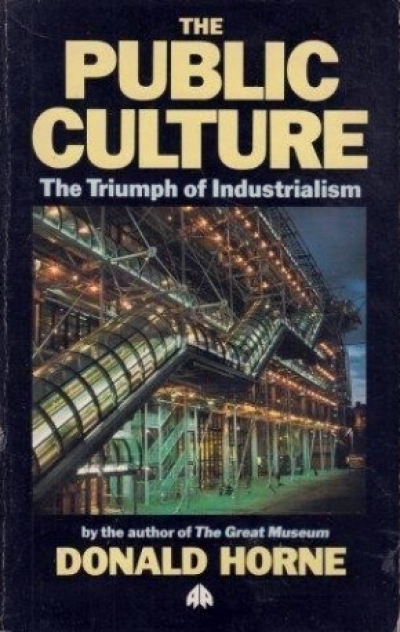Pluto Press
A Perilous and Fighting Life: : From communist to conservative: The political writings of Professor John Anderson edited by Mark Weblin
by Nathan Hollier •
Elect the Ambassador: Building democracy in a globalised world by Duncan Kerr
by Hugh Stretton •
The Fighting Spirit of East Timor: The life of Martinho da Costa Lopes by Rowena Lennox
by Richard Lunn •
Celebrities, Culture and Cyberspace: The light on the hill in a postmodern world by McKenzie Wark
by Andrew Rutherford •
A Politics of Poetry: Reconstituting social democracy by Dennis Altman
by Judith Brett •
The Public Culture: The Triumph of Industrialism by Donald Horne
by Bronwen Levy •

